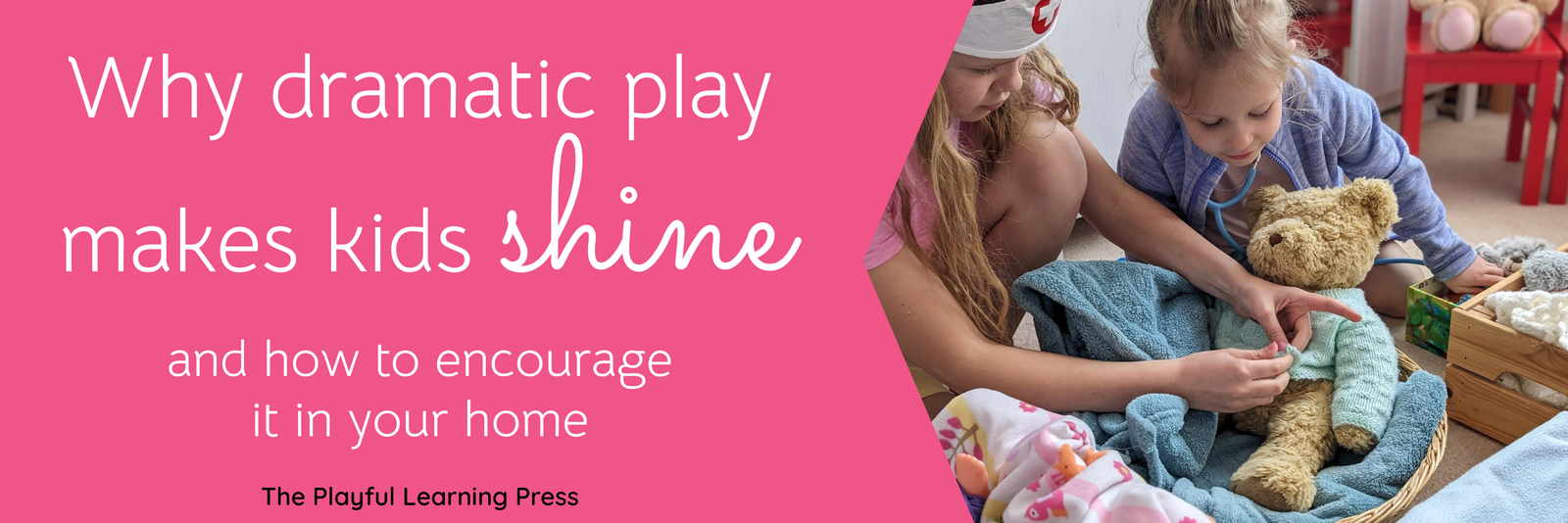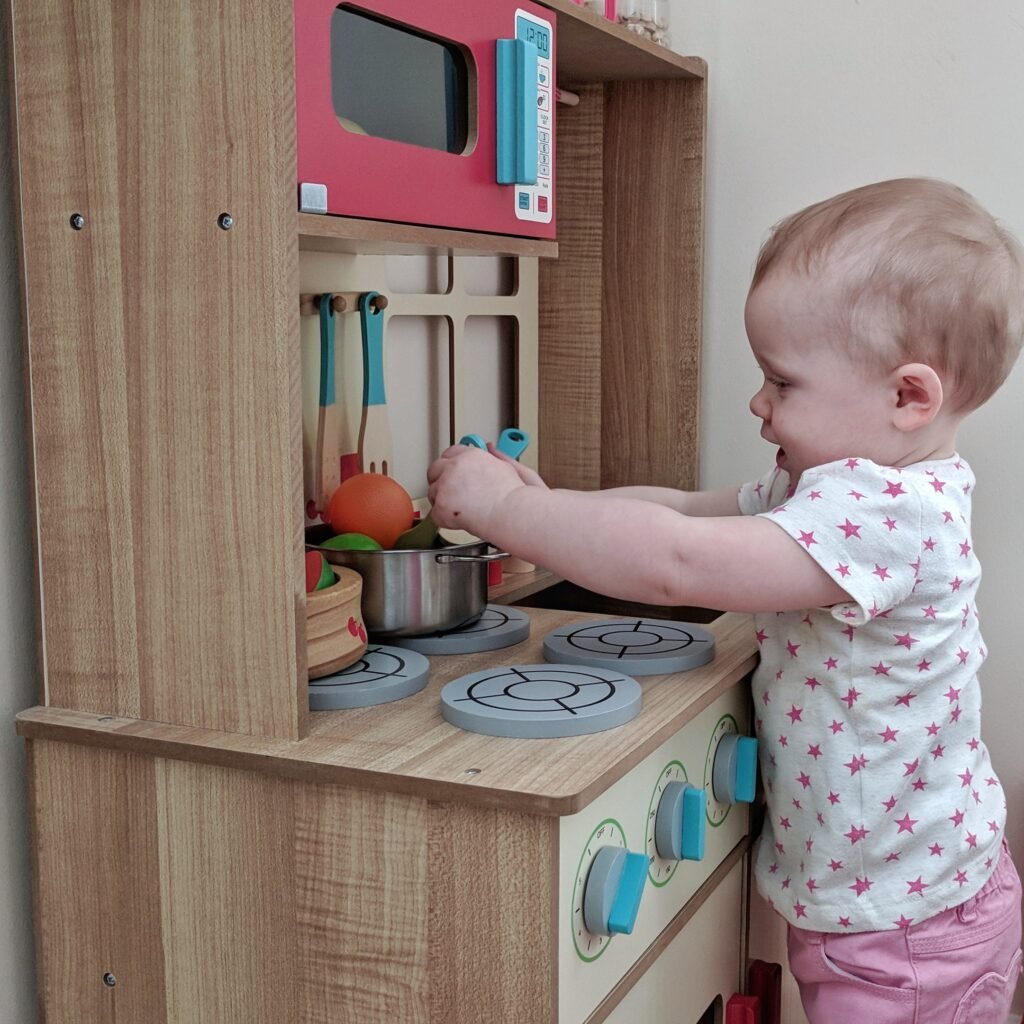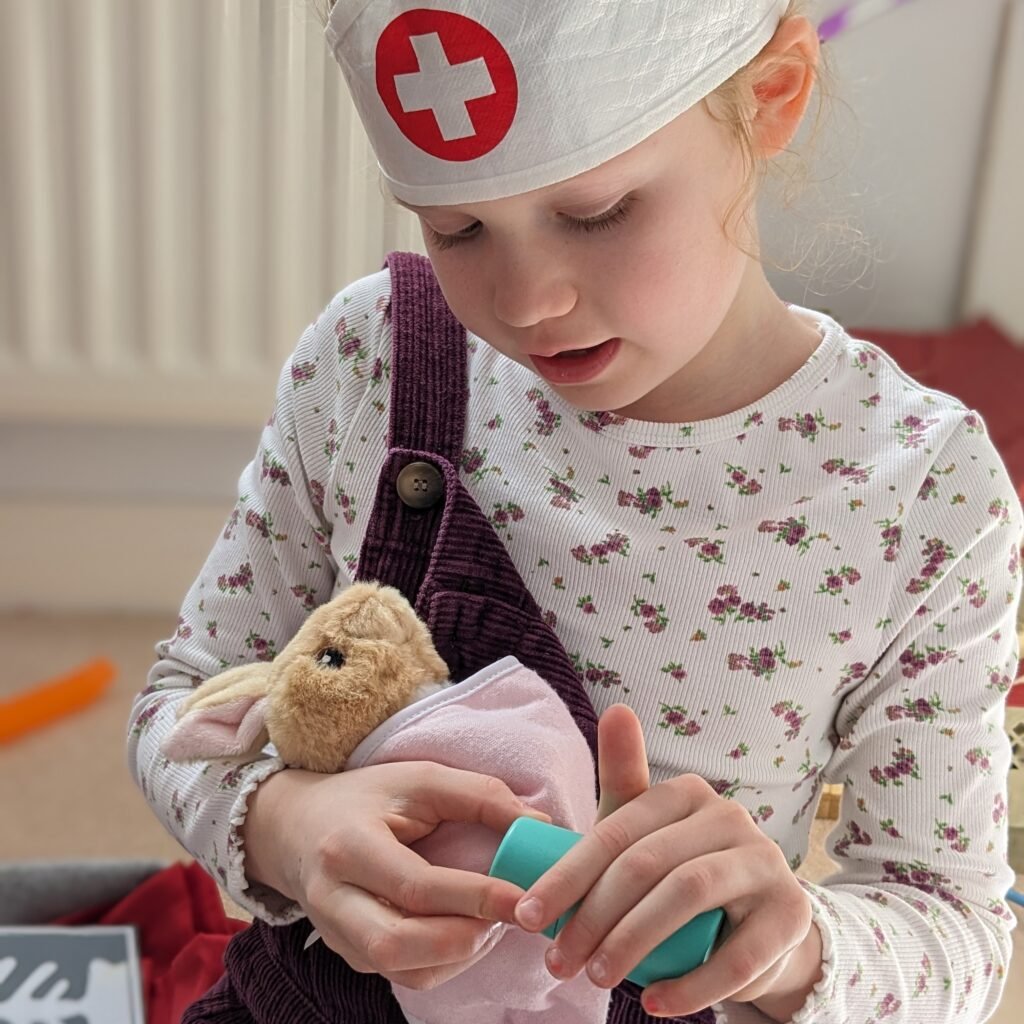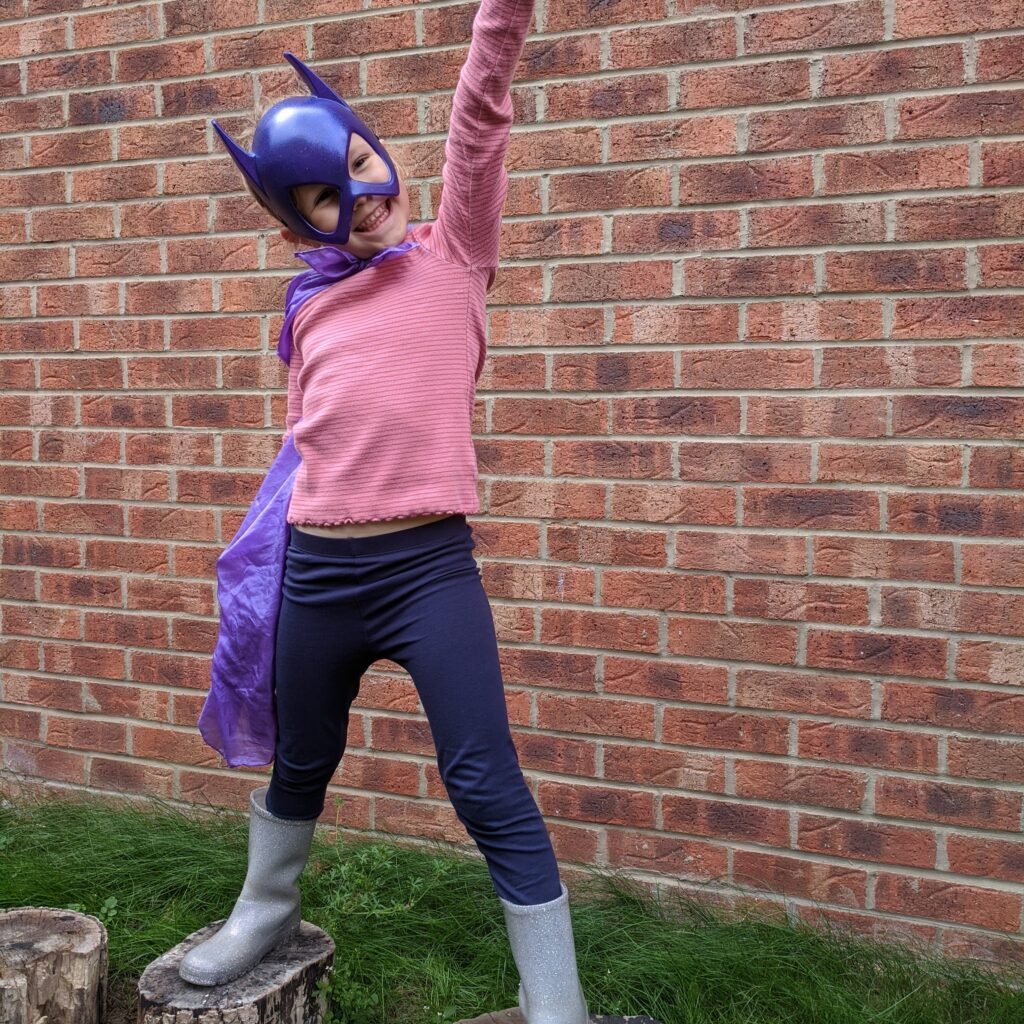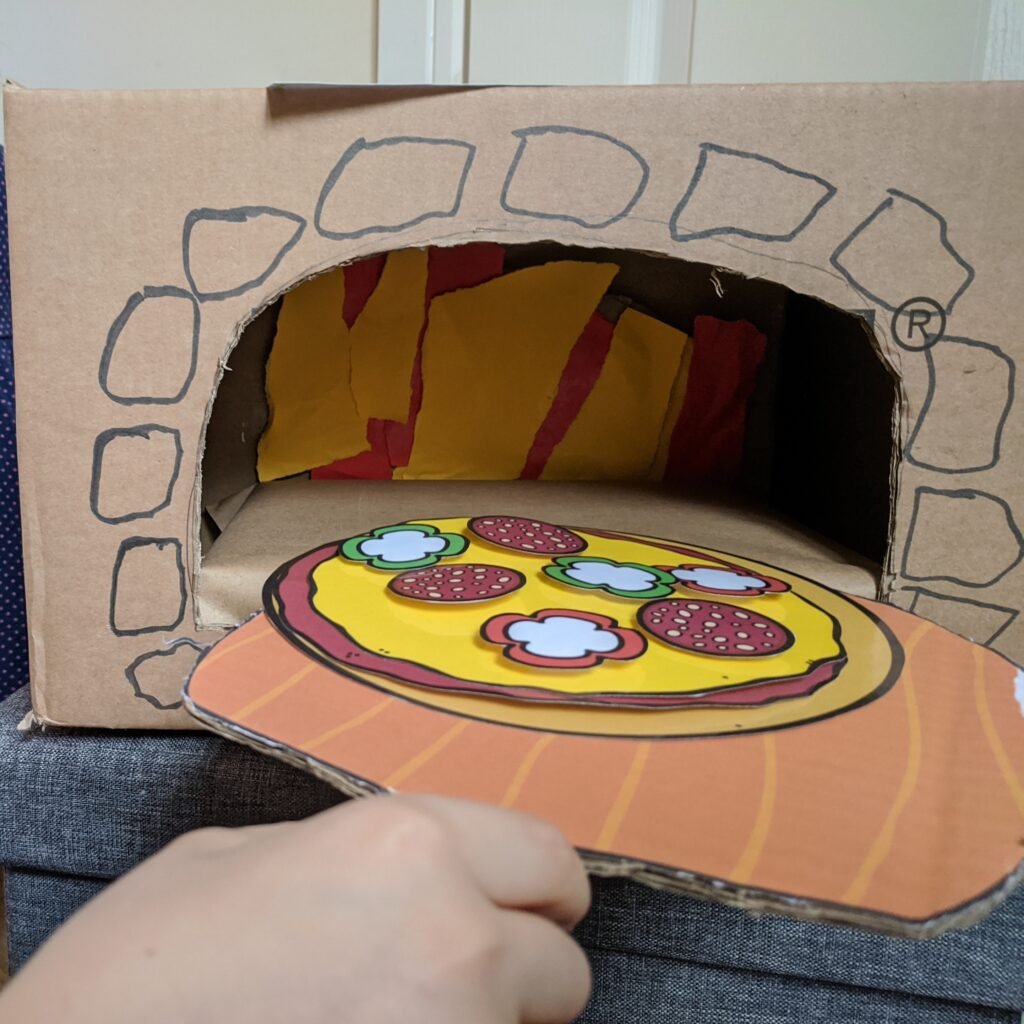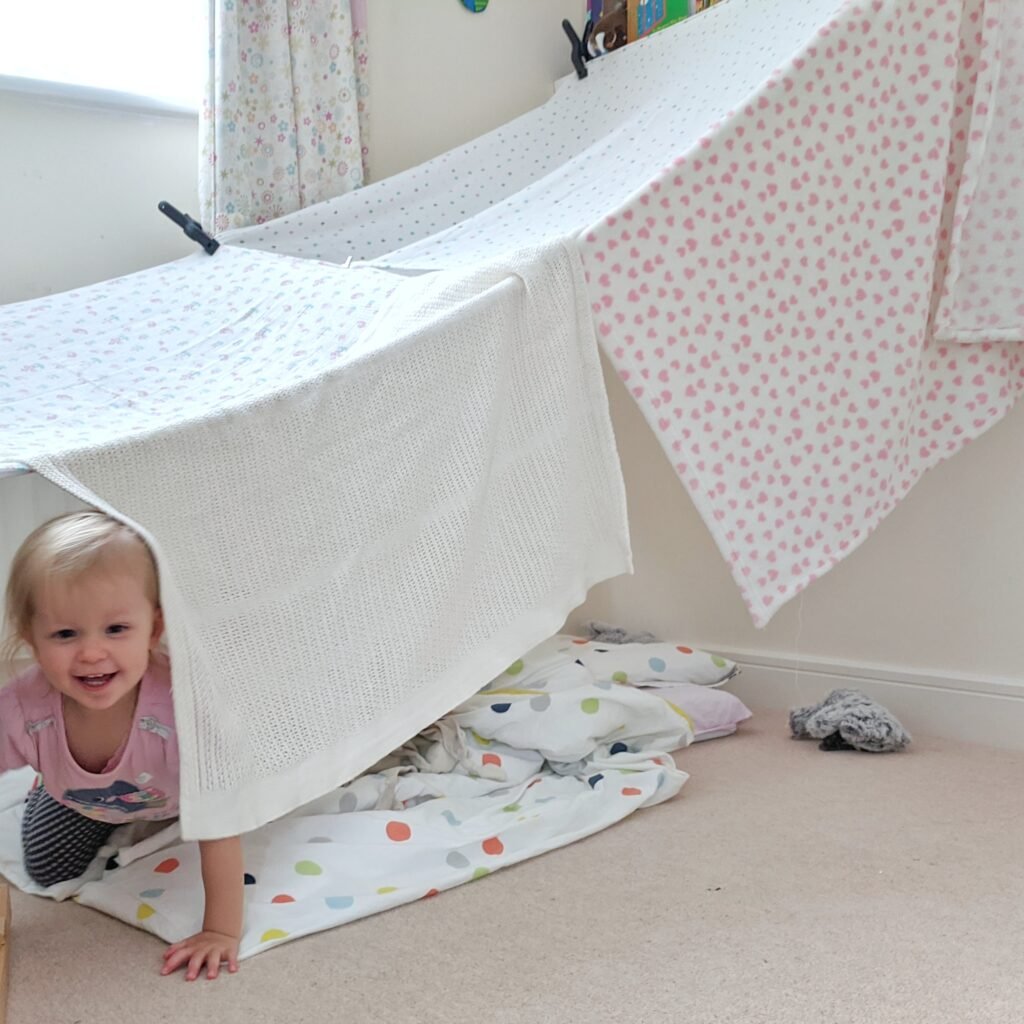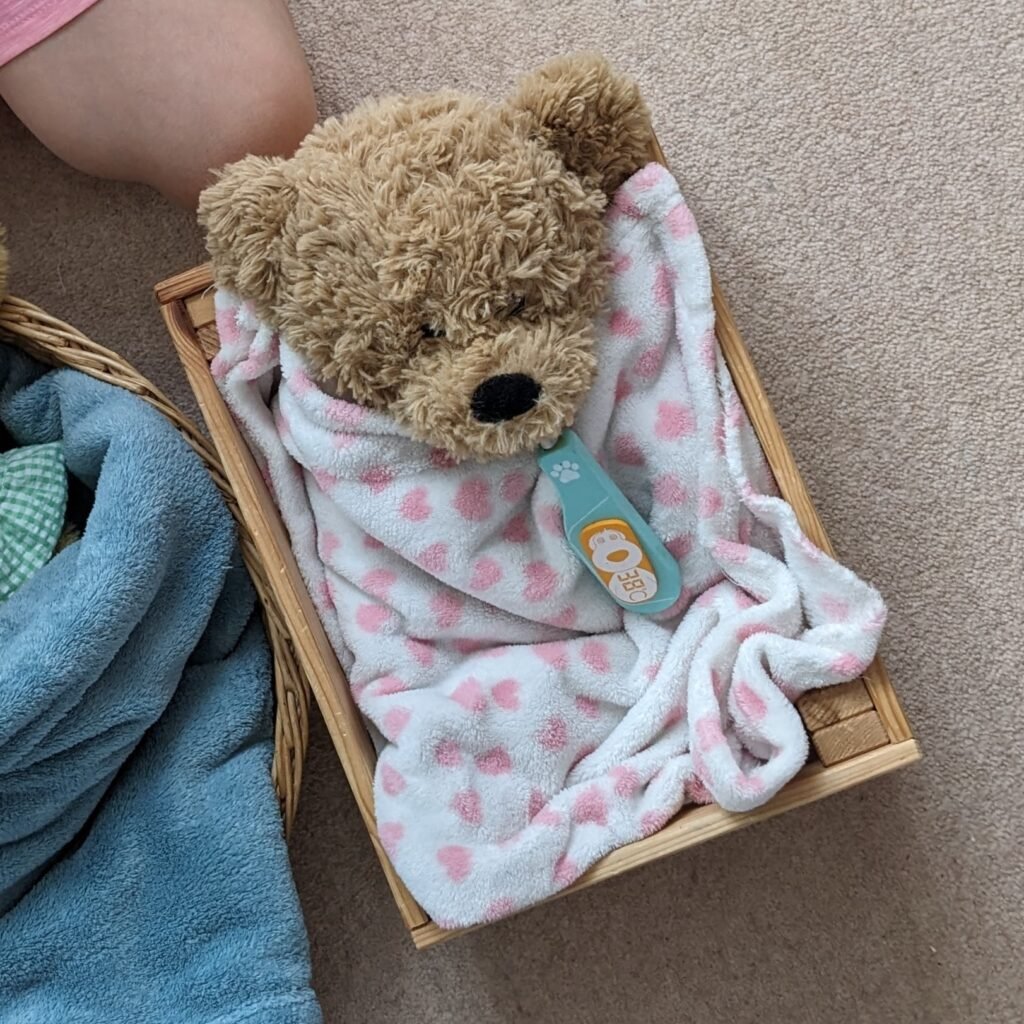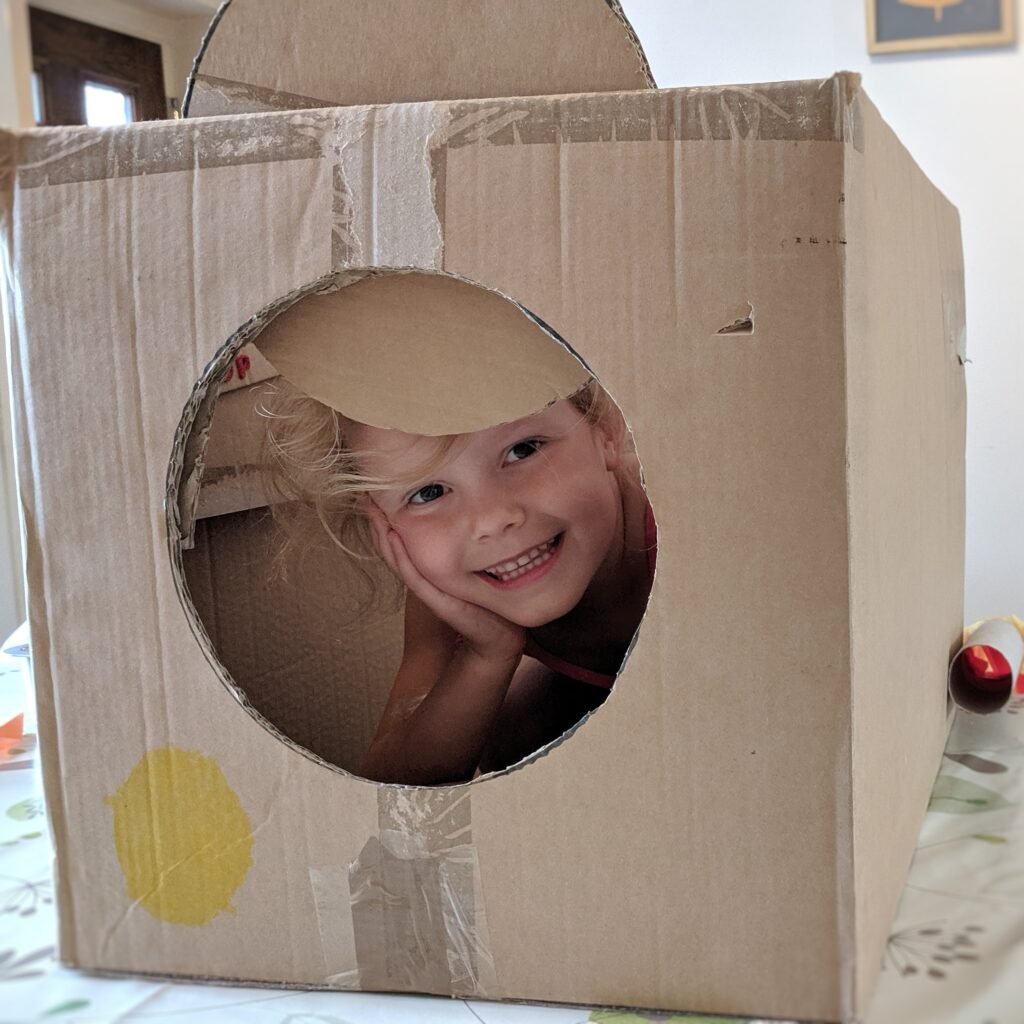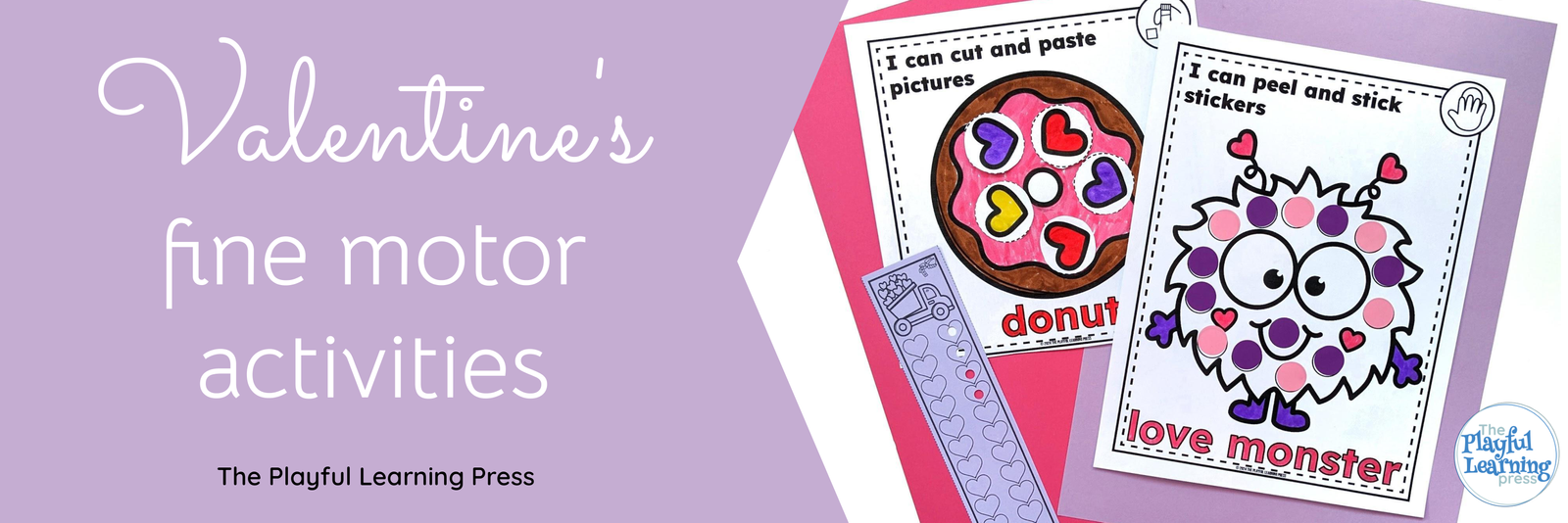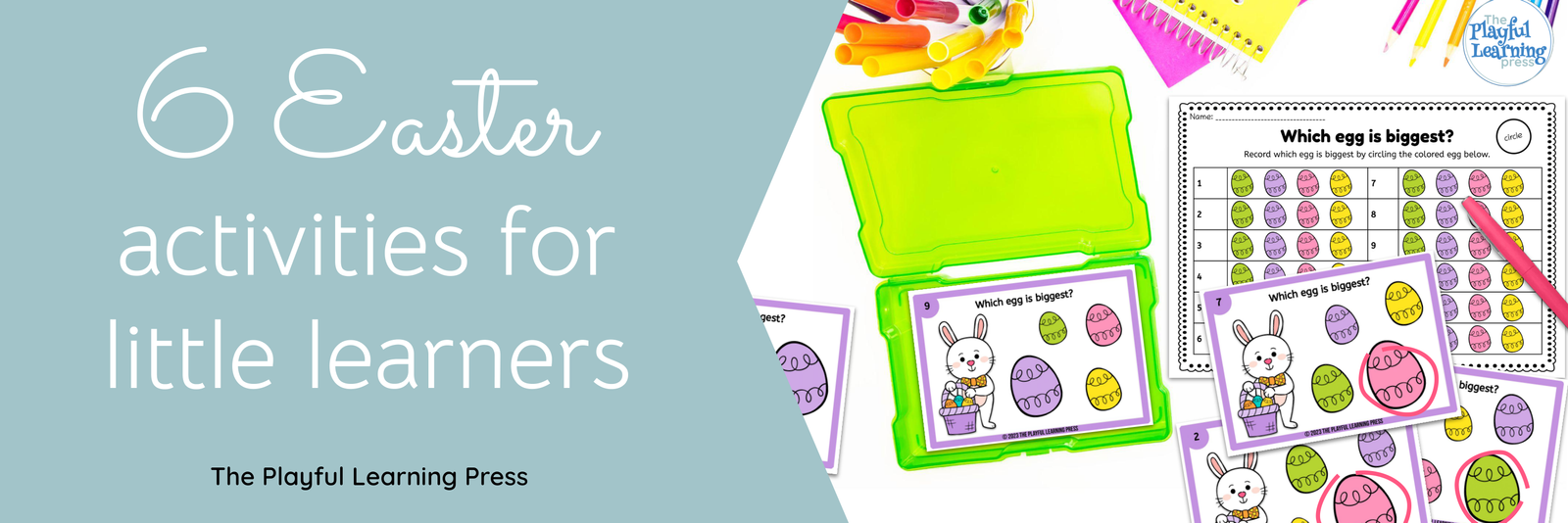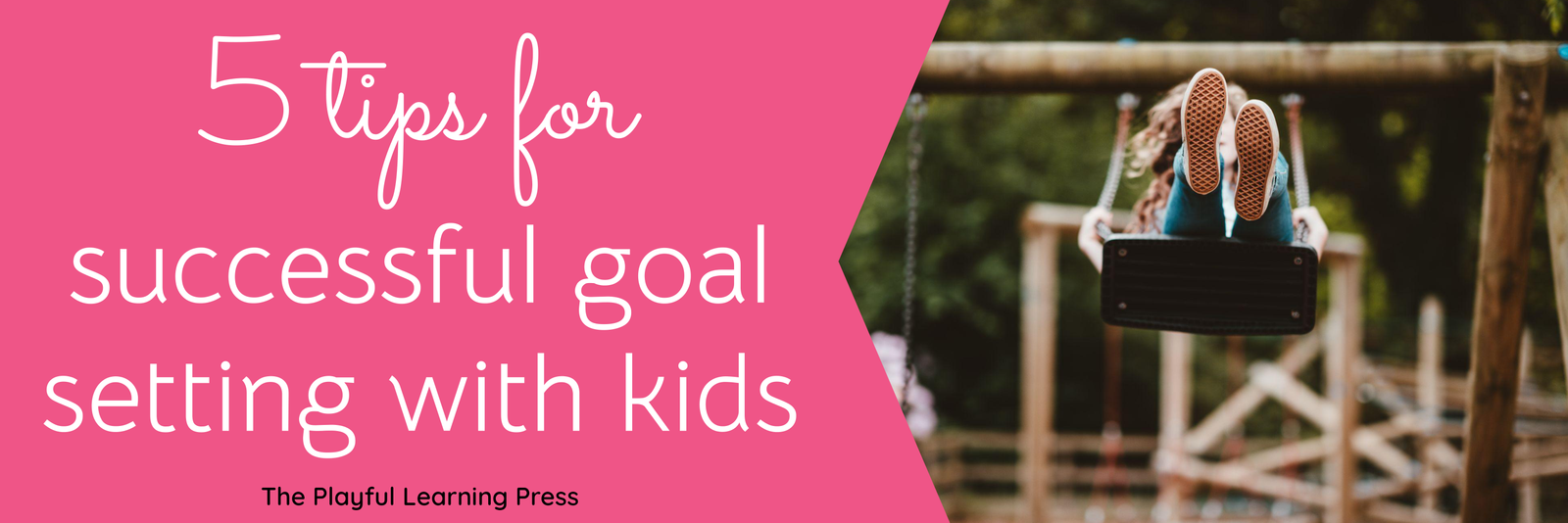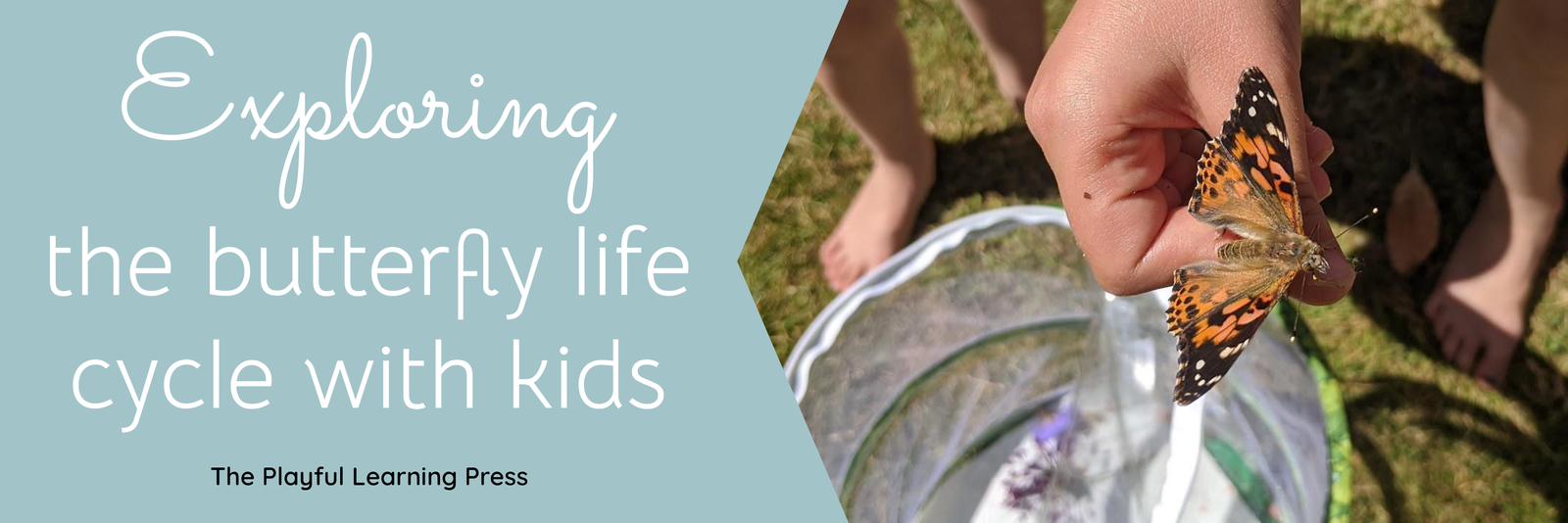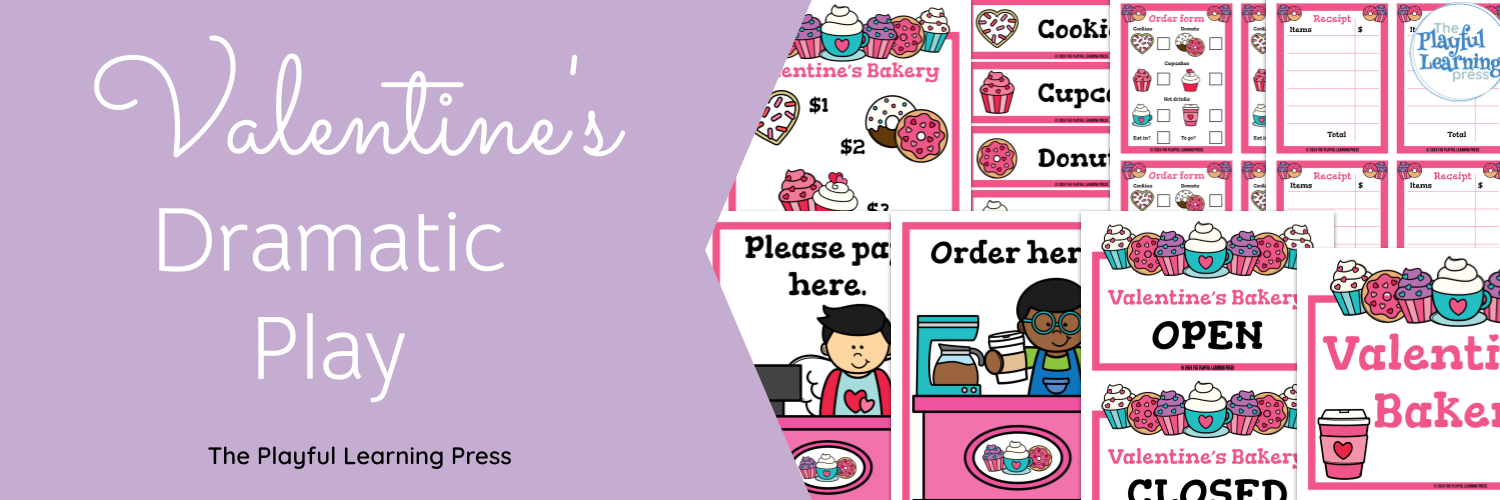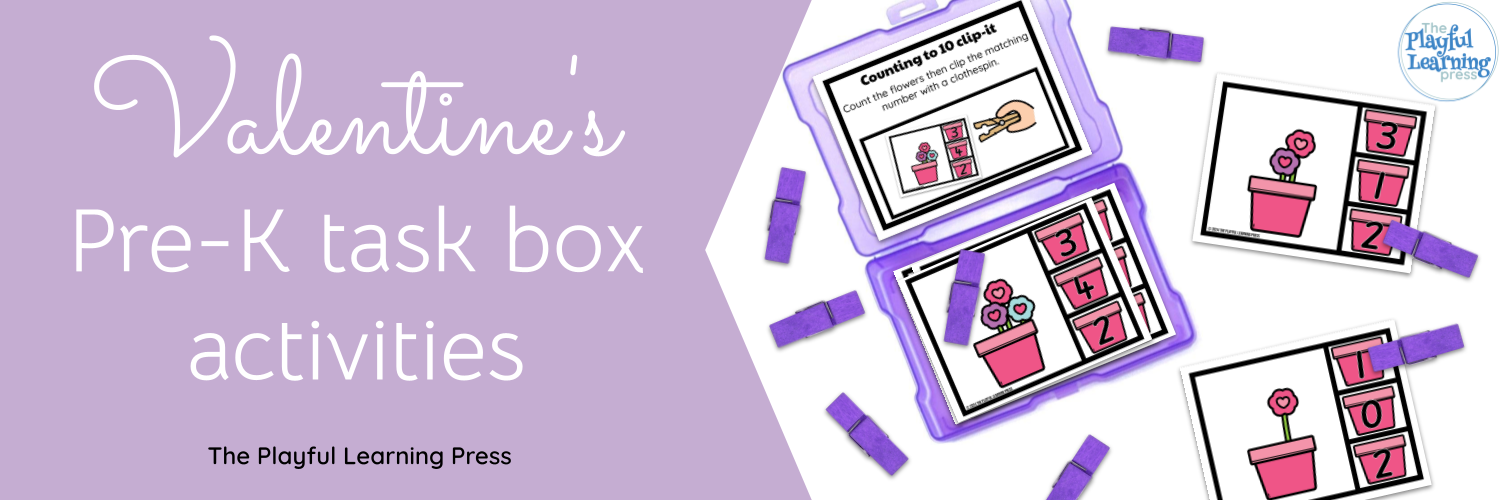Have you ever witnessed your living room transformed into a hospital? Your child diligently checks their teddy bear’s “temperature” with a plastic spoon, complete with a furrowed brow and a clipboard full of scribbles. This is more than just cute doctor play – it’s dramatic play at work! This type of play isn’t just a source of giggles; it’s actually helping our little ones develop empathy, communication skills, and so much more. Let’s delve into the amazing ways dramatic play makes our kids shine brighter than a brand new stethoscope!
Benefits of dramatic play
Role play, pretend play, or dramatic play areas are incredibly beneficial for early childhood development. Here are some key advantages:
Cognitive development: Dramatic play helps children learn about the world around them, it encourages them to use their imaginations, practice decision-making, and think creatively. They will invent scenarios, storylines, and characters, which stimulates their cognitive abilities. This type of play also fosters problem-solving skills as children navigate various social situations and roles.
Language and communication skills: Role play provides numerous opportunities for children to engage in verbal communication. They practice using language to express ideas, negotiate roles, and interact with others. They expand their vocabulary and communication skills through storytelling, creating narratives, and engaging in pretend conversations.
Social and emotional development: Dramatic play allows children to explore different emotions and perspectives. They learn to empathize with others and take on roles with varying emotions. Pretend play also encourages cooperation, sharing, and turn-taking, fostering positive social interactions.
Self-regulation: Engaging in pretend play requires children to regulate their emotions and impulses. They learn to control their behavior, manage conflicts, and adapt to different roles and scenarios. This strengthens their self-regulation skills, which are crucial for overall emotional well-being.
Imagination and creativity: Role play stimulates children’s imaginations and encourages them to think outside the box. They can explore fantastical worlds, create imaginary scenarios, and experiment with endless possibilities. This fosters creativity, innovation, and a love for learning.
Physical development: Dramatic play often involves physical movement and manipulation of props. Kids build those tricky small-muscle skills as they handle objects, dress up in costumes, and engage in various activities within the play area. Plus, all that running around and pretending to be superheroes (or firefighters, or chefs!) gives their big muscles a good workout too!
Let the fun begin: how to encourage dramatic play at home
So, we’ve talked about all the amazing benefits of dramatic play for our little ones. Now you might be wondering, “How can I bring more of this magic into my living room?” Don’t worry, you don’t need a fancy playroom or expensive toys to spark dramatic play! Here are some simple tips to get your child’s imagination soaring and turn your home into a world of endless possibilities:
Provide open-ended toys: The beauty of dramatic play is its reliance on imagination. Instead of a room overflowing with toys, consider providing a few open-ended options like blocks, blankets, boxes, and everyday household items. Pots and pans become drums, cardboard boxes transform into spaceships, and scarves turn into capes – the possibilities are endless! However, there are some key props that can really ignite specific play themes. Consider having on hand some play food, pans, and utensils for those irresistible pretend cooking adventures and restaurant or cafe play. A play doctor’s kit can also be a fantastic addition, sparking imaginative doctor visits and nurturing games. Lastly, a till/cash register with pretend money is invaluable for so many dramatic play games.
Embrace the dress-up corner: Dedicate a space, even just a small corner or simply a box, for dress-up clothes, hats, scarves, and other costume pieces. Old clothes, jewellery you don’t wear anymore, and even mismatched socks can become exciting props for imaginative play.
Join the fun!: Get down on the floor, grab a cape (or a dish towel!), and join your child in their pretend world. Be the doctor examining their teddy bear, the customer placing an order at their restaurant, or the fellow astronaut exploring the cardboard box spaceship.
Follow their lead: Let your child take the driver’s seat in their pretend world. Observe their interests and build on them. If they’re obsessed with dinosaurs, create a prehistoric adventure with blankets as caves and pillows as mountains. Their ideas are the fuel for this imaginative journey!
Let there be props!: A little creativity goes a long way – keep an eye out for everyday items that can be transformed into props for dramatic play. Empty bottles become potions, cardboard rolls turn into binoculars, colanders become helmets; and not forgetting the undisputed champion of open-ended play – cardboard boxes become houses, cars, spaceships, castles, or even vending machines. Remember, the key is to encourage your child’s imagination! With a little creativity, even the most ordinary items can become extraordinary props for hours of dramatic play fun.
Story time with a twist: After reading a story together, encourage your child to act it out! This helps bring the story to life and it’s a fantastic way to help your child understand the story on a deeper level. By stepping into the shoes of the characters, they get a better grasp of their emotions, motivations, and actions. Plus, it fosters creative thinking, problem-solving skills, and even language development as they narrate their own version of the story.
Remember, the key is to have fun and embrace the mess! Let your child’s imagination be the guide, and watch their creativity and development blossom!
Dramatic play and learning
Dramatic play isn’t just about fun and giggles; it’s a powerful tool for fostering a variety of learning skills in young children. Let’s explore how this type of play supports different areas of development:
Language skills
Dramatic play provides a natural context for children to develop and strengthen their language skills. As they create narratives, take on different roles, and interact with others, they:
- Expand vocabulary: Children encounter and use new words as they explore different themes and characters. For example, pretending to be a firefighter might introduce words like “hose,” “extinguish,” and “alarm.”
- Develop grammar: Through pretend conversations and storytelling, children practice using proper sentence structure, verb tenses, and pronouns. Negotiating roles or resolving conflicts in their play world also encourages them to express themselves clearly.
- Boost communication skills: Dramatic play provides a safe space for children to practice communication and social interaction. They learn to listen actively, take turns speaking, and express their ideas clearly.
Problem-solving and critical thinking
The world of dramatic play is full of challenges and opportunities for problem-solving. Here’s how:
- Creative solutions: Children encounter obstacles and conflicts within their pretend scenarios. They need to use creative thinking and problem-solving skills to overcome these challenges.
- Decision-making: Dramatic play requires children to make choices, from deciding who plays which role to navigating pretend emergencies. This helps them develop critical thinking skills and the ability to weigh options before making decisions.
Early writing skills
Dramatic play can also be a fantastic way to introduce children to mark-making and early writing skills in a fun and engaging way. Here’s how:
- Understanding the purpose of writing: Dramatic play exposes children to the concept of writing being used for a specific purpose. While playing “grocery store”, they might pretend to write a shopping list, mimicking what they’ve seen adults do, as they’re starting to grasp the concept of writing as a tool for communication.
- Early mark-making: As children engage in pretend scenarios like running a restaurant or playing doctor, they might start imitating adults who write down orders, take notes, or fill out forms. They might use crayons or markers to create scribbles, lines, or shapes that represent writing in their minds.
- Pretend writing tools: Providing props that mimic real-world writing tools during dramatic play can further encourage mark-making. This could include notepads in a pretend store, clipboards and “prescription pads” in a doctor’s office, or menus and order pads in a restaurant play area.
- Storytelling and representation: Dramatic play often involves creating narratives and stories. Children might use drawings or markings to represent aspects of their pretend world. For example, a child playing “teacher” might draw a picture on a pretend whiteboard to illustrate a lesson.
While dramatic play doesn’t directly teach children to write letters or form words, it lays the foundation for understanding the purpose of writing and the desire to communicate through written marks. It encourages them to experiment with mark-making tools and explore how writing can be used in various scenarios. This sets the stage for them to connect with more formal writing instruction later on.
Early math skills
Dramatic play is a wonderful way to introduce children to early math concepts in a hands-on and entertaining way. Here’s how:
- Counting and number recognition: Many dramatic play scenarios naturally involve counting and number recognition. For example, a pretend store offers a wealth of opportunities for practicing counting – children can count items being bought, sort items by category, or use play money to learn about addition and subtraction as they “pay” for their pretend purchases.
- Understanding quantities: Dramatic play helps children develop a sense of quantity through practical experience. For example, playing “doctor” and giving out pretend medication can help them understand the difference between “one” and “two” pills. Sorting and organizing toys by size or color during play also reinforces their understanding of comparative quantities.
- Early math skills through play money: Play money is a fantastic tool for introducing children to basic math concepts. They can practice counting coins and bills, learn about different denominations, and explore simple addition and subtraction as they “buy” and “sell” items in their pretend world.
Dramatic play doesn’t replace formal math instruction, but it provides a fun and engaging foundation for children to build early math skills. They learn through play and exploration, which makes the learning process more enjoyable and memorable.
Ready to see your kids shine?
Role play or dramatic play areas provide a rich and immersive learning environment where children can explore, create, and grow in meaningful ways. But dramatic play isn’t just a magical world for toddlers and preschoolers. Even older children can benefit from the creativity, social interaction, and language development it fosters. In fact, my own 10-year-old daughter still loves to play pretend with her younger sisters. Just the other day, our living room transformed into a bustling pizza parlor. My oldest, ever the entrepreneur, was the head chef, taking orders and barking instructions (playfully, of course!) from her sous chefs (her sisters). They spent a good few hours making pretend pizzas, giggling as they argued over who got the most “pepperoni”. It was a delightful reminder that the power of imagination has no age limit.
If you need a little help in creating a truly inviting and engaging dramatic play area that your kids are excited to use, then check out these dramatic play printables! They include fun printables like signs, menus, receipts, and order forms, all designed to spark even more imaginative play. Ready to unlock a world of dramatic play fun? Click here to check out these fantastic printables!
Happy playing!
Jess xo

